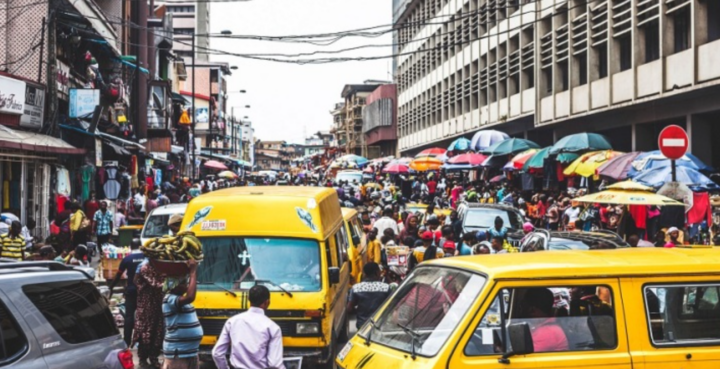No fewer than 12 state governments have received fines totaling N2.1 billion from traffic rule violators over a nine-month period, as reported by InfoStride News. The data was extracted from the third-quarter budget performance reports, accessed through Open Nigerian States, a budgIT-backed platform that compiles government budget data. Additionally, these states received N865 million in the third quarter alone.
Interestingly, 24 states, including Zamfara, Yobe, Taraba, Sokoto, Rivers, Ondo, Nasarawa, Kwara, Kebbi, Katsina, Kano, Kaduna, Imo, Jigawa, Gombe, Edo, Akwa-Ibom, Abia, Borno, Benue, Ekiti, and Bauchi, reported zero traffic offenders during this period.
Lagos State, often referred to as the Center for Excellence, emerged with the highest number of traffic offenders, resulting in fines amounting to N1.9 billion during the analyzed period.

The breakdown of fines collected from other states is as follows: Osun (N32.4 million), Oyo (27.4 million), Ogun (20.5 million), Plateau (N14.6 million), Delta (N9.1 million), Niger (7.9 million), Cross-Rivers (N3.6 million), Enugu (N2.7 million), Kogi (N1.8 million), and Adamawa (N.987 million). Notably, Ebonyi state had the lowest fine amounting to N7,000.
Lagos State employs a tiered fine system for various traffic offenses. For instance, first-time offenders caught driving without a valid driver’s license face a fine of N20,000. Subsequent violations of this offense attract either a N20,000 fine or an additional penalty of vehicle impoundment.
Other traffic violations also incur fines in Lagos. Smoking, drinking, and eating while driving result in a N20,000 fine for first-time offenders. Subsequent offenses draw a N30,000 fine, coupled with either a three-month vehicle impoundment or a six-month imprisonment or community service.
Driving a vehicle by a person under the age of 18 years attracts a N20,000 fine for the first instance. Repeated violations of this offense carry a N30,000 fine, along with the additional penalty of vehicle impoundment.
Considering these fines and the established penalty structure, it can be inferred that a significant number of individuals—96,461 to be precise—were penalized during the analyzed period, assuming all violators were first-time offenders.
This revelation aligns with a recent study conducted by the Danne Institute for Research, which exposed that Lagos, Nigeria’s commercial hub, faces an annual economic loss of N4 trillion due to severe traffic congestion. The study attributes this loss to various behavioral factors, including poor road infrastructure, rampant violation of traffic laws, the disruptive activities of agberos at bus stops, and the challenges faced by buses in picking up passengers.
The report underscores that while Lagos boasts a population of 21 million, the economic productivity of the city is significantly hampered by the debilitating impact of traffic jams on daily life. These findings collectively point towards the urgent need for comprehensive measures to address traffic congestion and enhance road safety across the country.
Support InfoStride News' Credible Journalism: Only credible journalism can guarantee a fair, accountable and transparent society, including democracy and government. It involves a lot of efforts and money. We need your support. Click here to Donate
